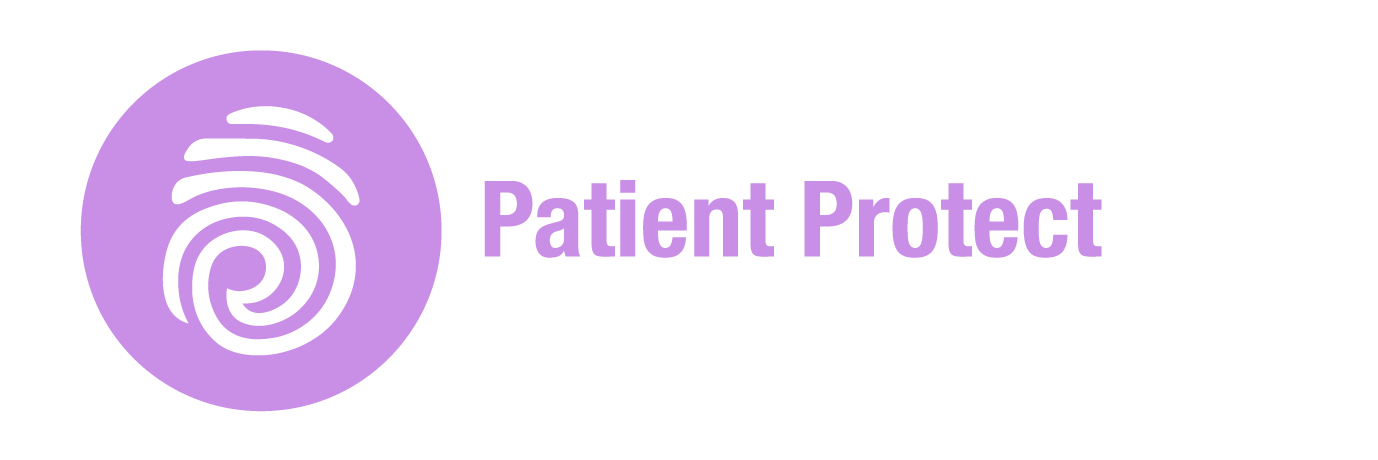The Hidden Risks of Healthcare Lead Generation
- Alexander Perrin

- Apr 6
- 2 min read
Updated: 7 days ago
How even well-meaning marketing can turn into a HIPAA headache.
Healthcare lead generation is booming — and for good reason. More providers than ever are turning to digital campaigns, social media, and SEO to attract new patients. The right strategy can transform a practice.
But here’s the truth most providers don’t hear: Not all lead gen is created equal. And in healthcare, even small mistakes can lead to major privacy violations, fines, or reputational damage.

The Quiet Risks Behind the Clicks
Some agencies are laser-focused on delivering results — leads, conversions, appointments. But too often, they’re unaware of the compliance risks baked into the healthcare space. Let’s look at a few common vulnerabilities:
Unsecured Intake Forms
Collecting PHI (symptoms, insurance, contact info) through generic web forms without encryption? That’s a recipe for exposure — and a red flag under HIPAA.
Non-Compliant Tools
Leads are often sent to platforms like Mailchimp, HubSpot, or spreadsheets — tools that aren't built for healthcare and don’t sign BAAs. That means practices are storing sensitive patient data in systems not designed to protect it.
Missing Consent Workflows
HIPAA doesn’t just protect data — it governs how you collect and use it. If leads aren’t giving proper consent or authorization, even a well-meaning follow-up message could be a violation.
Outsourced Follow-Up with No BAA
Agencies often outsource lead nurturing to call centers or VAs. Without proper contracts (like Business Associate Agreements), these third parties introduce hidden liability.
Tracking Pixels & Retargeting
Tools like Facebook and Google pixels can unintentionally collect PHI if placed on healthcare intake pages. That creates a serious exposure risk — even if done with good intent.
There Are Agencies Doing It Right
To be fair, not every agency is reckless or uninformed. We’ve had the chance to work with some standout marketing firms that take privacy as seriously as performance. They partner with Patient Protect to make sure every form, workflow, and touchpoint is airtight — because they know trust matters.
These agencies don’t just generate leads — they build secure, compliant, patient-ready pipelines.
How Patient Protect Helps
Patient Protect works behind the scenes to:
Replace risky intake forms with encrypted, HIPAA-compliant workflows
Ensure every lead includes proper consent and authorization
Provide tools to agencies and providers to maintain secure, trackable data flow
Identify red flags in platforms, pixels, or outsourced follow-up
Deliver peace of mind — without slowing down the funnel
Because when privacy and performance go hand-in-hand, everyone wins.
Final Thought
If you're running lead generation for a healthcare practice — or working with an agency — it's worth asking:
Is our marketing secure, private, and compliant? Or are we just hoping it is?
Want to make sure you’re doing it right? Let’s talk — Patient Protect is designed to help.
Want to learn more about HIPAA compliance? Read our blog here.

